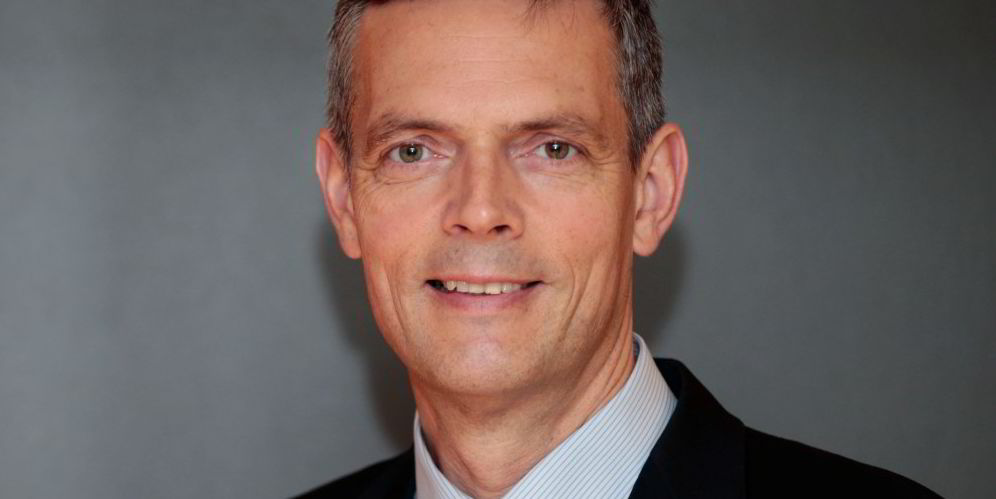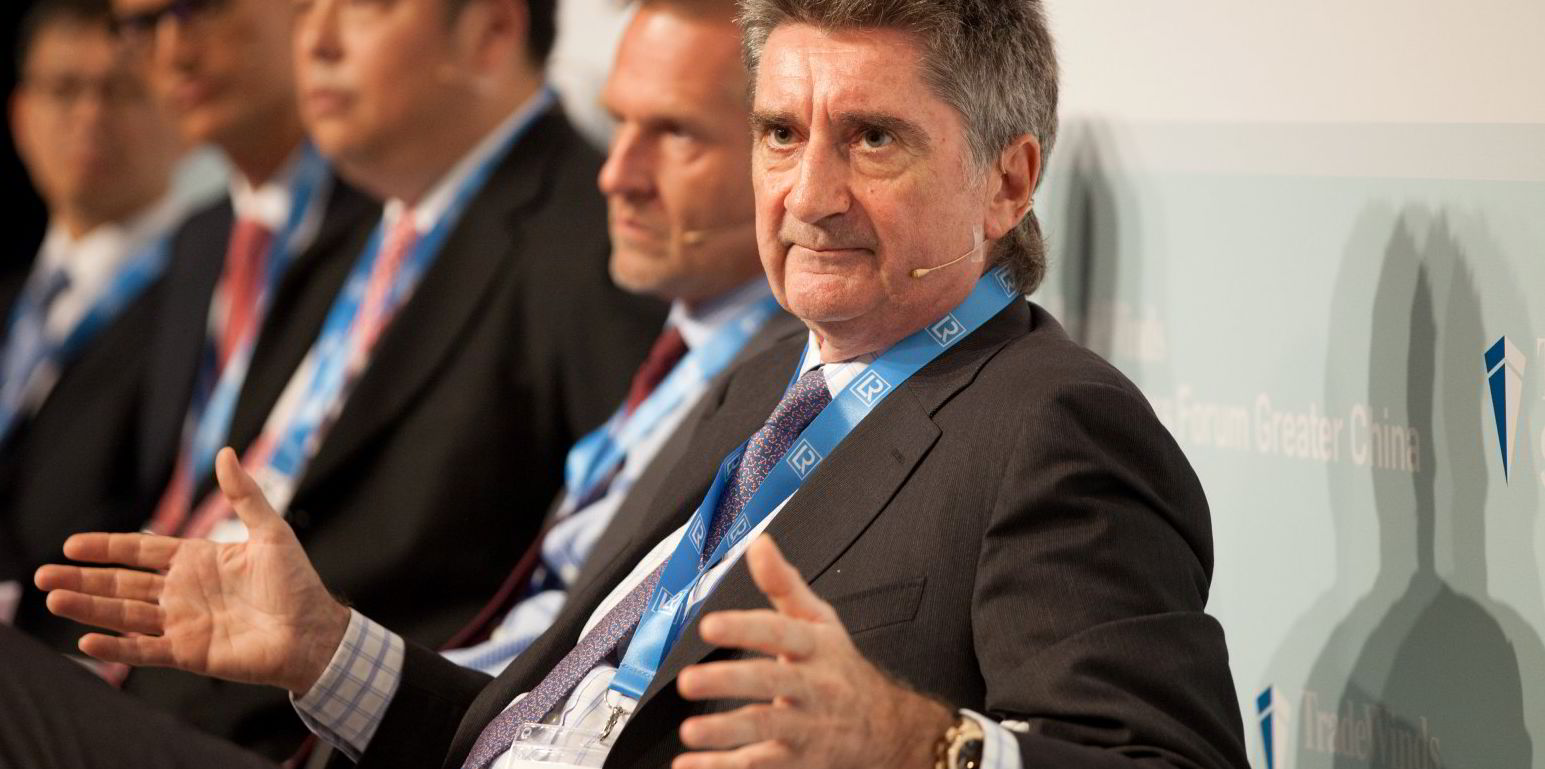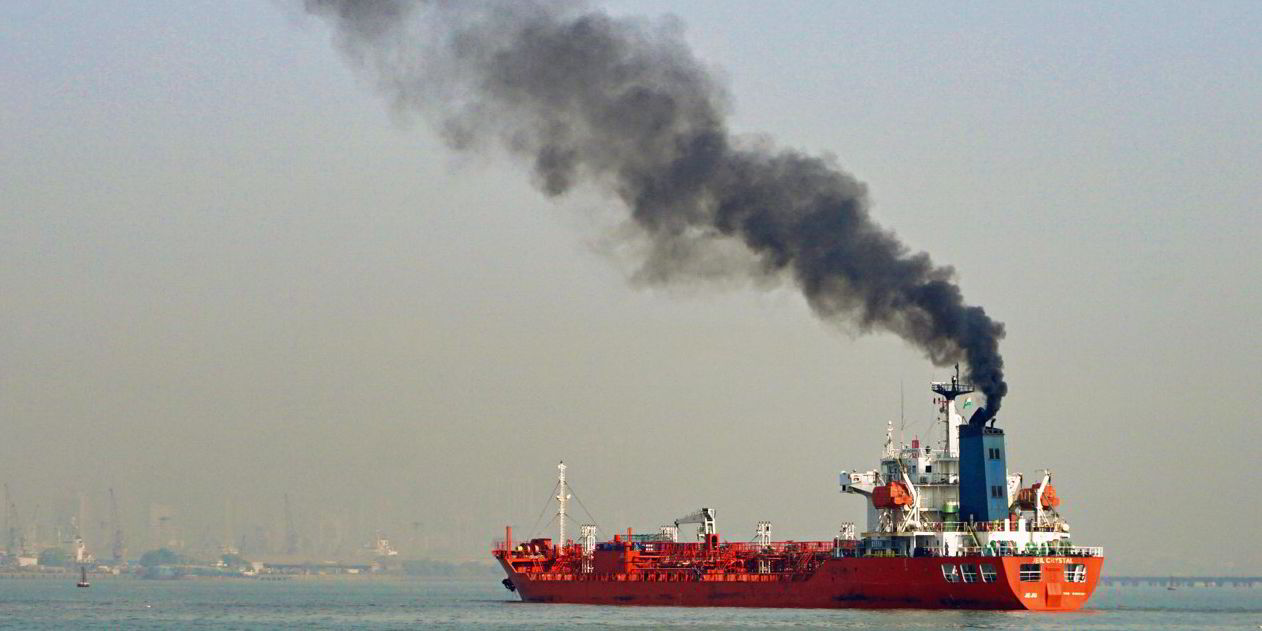Record carbon prices in Europe last week are a clear message that COP26 has super-charged the drive for decarbonisation and will add hugely to future shipping costs. Global investors have since the climate summit piled into European Union carbon allowances, driving the price to more than €90 ($102) per tonne and leading analysts to speculate that €100 is on the horizon.
Bjarne Schieldrop, chief commodities analyst at Nordic bank SEB, told the Financial Times that the way things are going, we could be looking at €200 “at least” in the coming years.
The cost of carbon on the EU Emissions Trading System (ETS) has been rocket-fuelled since the Glasgow climate summit last month.
Environmentalists may have deemed the conference weak, but the business world has interpreted the final agreement quite differently.
There is a widespread view among investors that regulation of fossil fuels will tighten and carbon markets will expand beyond parts of Europe, the US and China.
Speculative buying in the EU allowances price barrelled up from €50 in July to last week’s peak of €90.75.
On that basis, and with shipping facing fully priced inclusion in the ETS from 2026, intra-EU voyages could attract a carbon penalty of €7,000 per day, according to London shipbroker Affinity.
That is a cost estimate based on a 35,000-tonne vessel burning 25 tonnes of fuel oil per day — and as Affinity’s chief executive Richard Fulford-Smith graphically put it: “There will be no escape.”
He said it is time the International Maritime Organization started dispensing the serious advice that its member countries and the industry need.
The EU has declared that shipping will be included in the ETS from 2023, with operators being forced to pay 20% of the going carbon rate.
Affinity assumes that for each tonne of fuel used, about 3.2 tonnes of carbon is burned.

The current price of carbon allowances has also been pushed up by European power station operators, buying allowances to burn more coal to generate electricity amid a shortage of cleaner gas.
Germany closing nuclear power plants and pressure to buy allowances before the Christmas shutdown are also raising CO2 prices.
But even without those influences, the trend is seen as upwards for carbon prices, making carbon capture and storage projects and “green” hydrogen and methanol — made from renewable power — much more competitive.
Shipowners such as AP Moller-Maersk favour “green” methanol for the future of bunkers. The Danish liner giant is investing in that kind of tonnage but is also interested in green hydrogen.
Maersk, which uses more than 10m tonnes of bunker fuel per year, is also pushing the IMO to introduce a $50-per-tonne global carbon tax within two years, rising to $150 by 2025.
Some shipowners think all that can only be bad, and at the World Petroleum Congress (WPC) in Houston last week, there were plenty of signs the oil industry is struggling to come to terms with the future.
Saudi Arabia’s national oil company warned of “energy insecurity, rampant inflation and social unrest” if the world moves too quickly in the transition away from fossil fuels.
Delegates in Texas clearly loved the rousing speech from Amin Nasser, boss of Saudi Aramco, harnessing the concerns about the rise in energy prices, some of which have affected carbon costs.
There was certainly no balancing discussion about the hundreds of millions of people worldwide who risk being displaced by rising sea levels, drought and famine should the world move too slowly on decarbonisation.
There were more serious speeches about “energy transition” at WPC, particularly by European oil majors, such as Equinor of Norway — and calls for the industry to be more constructive and optimistic about playing a modernising role.
Shipping too needs to accelerate action. As my colleague Eric Priante Martin reports on pages 22 and 23, shipowners are behind the curve on measuring their own carbon footprint, never mind dealing with it.
There is no excuse, really. As British prime minister Margaret Thatcher said: “The environmental challenge which confronts the whole world demands an equivalent response from the whole world. Every country will be affected and no one can opt out.”
That was in 1989. The looming shipping ETS and a soaring carbon price may be the final warning.





